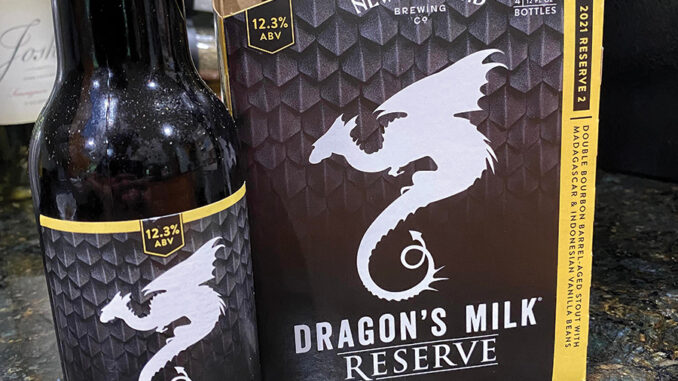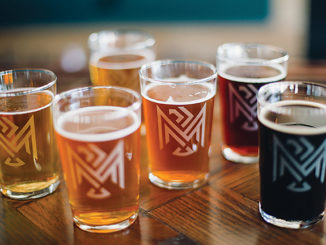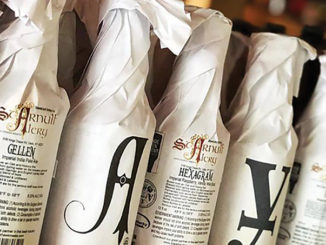
There’s a chill in the air. Winter has come. Many people are staying inside, wrapped up in blankets like human burritos. Hot drinks are becoming more and more popular as the temperatures drop, but assuming you aren’t drinking outside, a good beer can produce a similar effect. With the hop season over, many pale ales are going to step aside until next Spring and during the cold months you’re going to see more porters and stouts. If you ask any number of beer drinkers what the difference between these two styles is, you can expect equally as many different answers. Historically, porters came first and were both dark and malty as well as hoppy because they were mixed from different existing beers. After some experimentation, someone created a “more stout” version of a porter and called it a stout beer.

Fast forward to the 21st century, and some brewers make porters that are much stronger than many stouts and others have made stouts which aren’t as heavy as many porters. Basically at this point, with so many craft breweries out there experimenting on new beers and beer styles, there is really no difference between porters and stouts. The one difference that many professionals agree on is the kind of malt used to make the beer. Malted barley for porters and unmalted roasted barley for stouts is what gives the latter the more common “coffee” flavors, though there is no rule for which one to use to make each style.
If you’re a stout drinker, chances are you’ve tried New Holland Dragon’s Milk, or at least heard of it or seen it around. While the basic Dragon’s Milk is already quite popular, their special releases take it to the next level. This year they’ve aged the beer with Madagascar vanilla beans, moved it into new barrels, this time with Indonesian vanilla beans, and aged it some more. In addition to the smoky bourbon notes from the barrels from which the beer was aged twice, the Dragon’s Milk Double Vanilla, as it’s called, also produces notes of coffee, molasses and wood. The vanilla adds a layer of sweetness, as one could surmise, but additionally it smooths out the beer quite a bit, making it a much more drinkable libation than some other stouts.
One of the reasons porters and stouts are so common in the winter is because they are darker, usually heavier, and can fill you up quickly and make you feel nice and warm inside. One great porter is the Oskar Blues Death By Coconut. With 6.5% ABV, it is still on the sessionable end of the beer spectrum. With the flavors of coconut complementing dark chocolate, and the addition of slight vanilla and coffee in the background, DBC is a well-received specialty release because of its impressive balance of sweetness and maltiness without being overpowering in any single direction.

Hi-Wire Brewing out of North Carolina has recently released a chai version of their imperial stout 10W-40. Using Spicewalla’s Chai Masala Blend, this 10W-40 Chai release features notes of cinnamon, clove, cardamom and ginger among others. The chocolate and cream sweetness balances what would be a drier stout and assists the beer by coating the tongue with its creamy mouthfeel to avoid being overly bitter for a beer of this style. I recommend this as a slow sipper, not because it’s particularly boozy at 8% ABV, but simply because of all the flavors from chocolate to pumpkin spices and woodsy roasted malts… there’s a lot to take in and a lot to enjoy.
If dark beers aren’t your cup of tea (or coffee), Bell’s has a Winter release aptly named Bell’s Winter White Ale. It’s a witbier, which basically means a wheat ale, and is comparable to an Avery White Rascal or Blue Moon. This winter style, however, has more of a spice profile and some slight dark fruitiness to it, which makes it feel more appropriate for cold weather enjoyment. With the tastes of clove and lemon on top of the wheat, it’s a far stretch from a porter or stout while still working as a Winter beer. If you’re into beer, or are just browsing for a holiday gift for someone else, just be sure to play it safe this season and maybe leave out a little something special for Santa when he comes by.
-by Josh Helton



